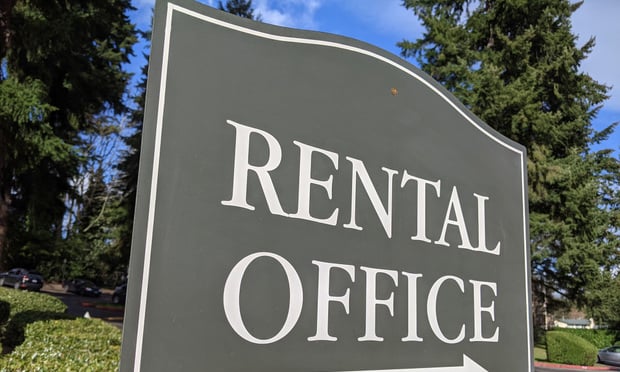Trade disputes and tariffs are at the top of mind for industrial players. The asset class has become the darling of the commercial real estate market, and many investors have increased their exposure to it. The potential disruption from trade disputes and tariffs was the theme of the SIOR conference this month, but many experts agreed that the industry was taking the few initial impacts well.
"The ongoing tariffs and trade disputes are having an impact on the U.S. industrial market in different ways, but what we are hearing is that the industry is taking the impact in stride and trying to plan around any current or potential future disruption," Tina Lichens, COO of Real Capital Markets, tells GlobeSt.com. "Our investors and brokers tell us that developers are seeing higher pricing on steel and other materials, which can translate to higher overall construction costs that ultimately factor into the cost of buying those new buildings."
However, even those increases in prices haven't been punitive enough to deter industrial investment. "While those costs do filter through to the deal pipeline, they are not enough to turn people away from the industrial sector," says Lichens. "Many investors take a long-term horizon when it comes to evaluating assets and if a property is in a strong market and has solid rent growth potential that can far outweigh any potential short-term disruption from tariffs."
Large investors in particular are protected from the impacts of the trade disputes. This class of investors is looking at allocations across a global spectrum, and from that macro perspective, the industrial sector remains a place of stability and growth," according to Lichens. "Other participants in the RCM-SIOR report noted that it is the uncertainty that the situation with tariffs can create that could be the most worrisome," she added. "The thought is that if tariffs and trade wars cut deep enough and last long enough, it could impact consumer sentiment, which could translate into slower movement of product through the supply chain system. In turn, that could weaken demand for space."
However, from a long-term outlook, the trade disruption will be temporary. "Yet most take a long-term perspective, believing that this likely is a short-term situation," she says. "Still others recognize tariffs and trade wars as being out of their spheres of influence and so they focus on factors where they can have influence."
Want to continue reading?
Become a Free ALM Digital Reader.
Once you are an ALM Digital Member, you’ll receive:
- Breaking commercial real estate news and analysis, on-site and via our newsletters and custom alerts
- Educational webcasts, white papers, and ebooks from industry thought leaders
- Critical coverage of the property casualty insurance and financial advisory markets on our other ALM sites, PropertyCasualty360 and ThinkAdvisor
Already have an account? Sign In Now
*May exclude premium content© 2025 ALM Global, LLC, All Rights Reserved. Request academic re-use from www.copyright.com. All other uses, submit a request to [email protected]. For more information visit Asset & Logo Licensing.









